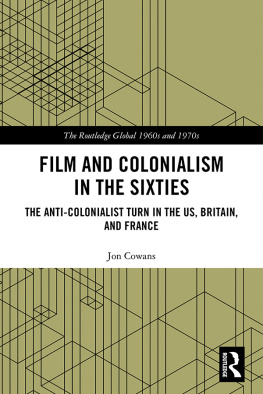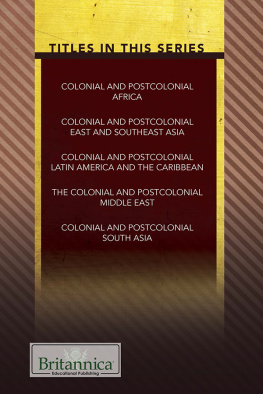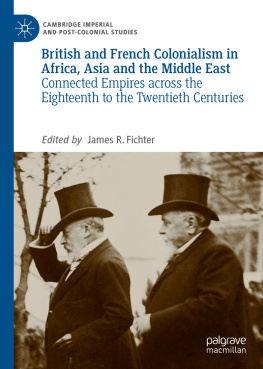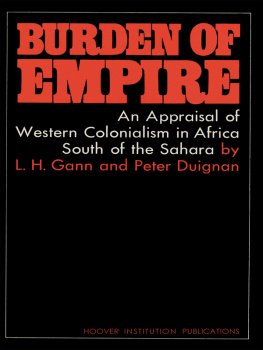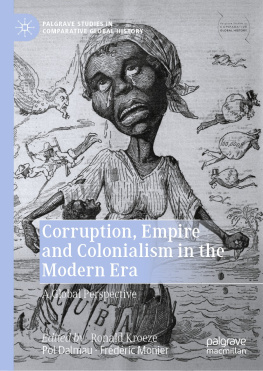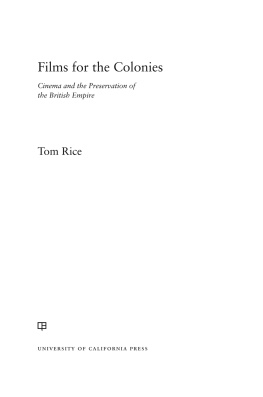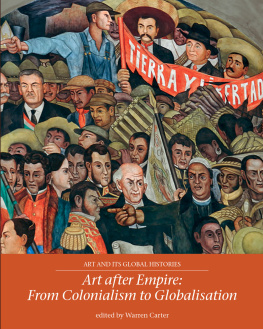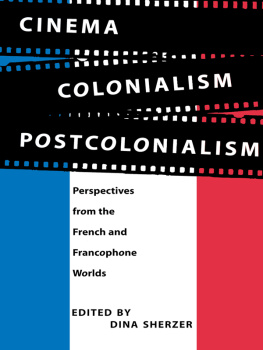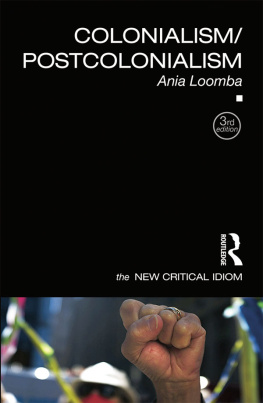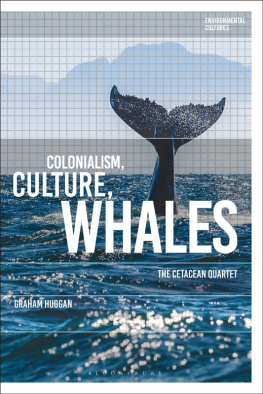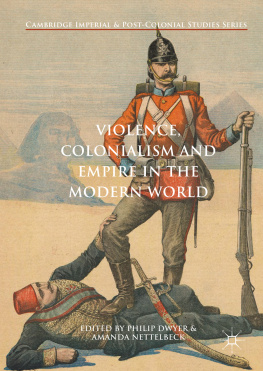Film and Colonialism in the Sixties
Relations between Western nations and their colonial subjects changed dramatically in the second half of the twentieth century. As nearly all of the Wests colonies gained their independence by 1975, attitudes toward colonialism in the West also changed, and terms such as empire and colonialism, once used with pride, became strongly negative. While colonialism has become discredited, precisely when or how that happened remains unclear. This book explores changing Western attitudes toward colonialism and decolonization by analyzing American, British, and French popular cinema and its reception from 1960 to 1973.
Jon Cowans is Associate Professor of History at Rutgers University of New Jersey, Newark, USA.
The Routledge Global 1960s and 1970s
As the decades that defined the Cold War, the 1960s and 1970s helped shape the world we live in to a remarkable degree. Political phenomena including the almighty tussle between capitalism and communism, the ArabIsraeli conflict, apartheid in South Africa, uprisings against authoritarianism and independence from colonial rule for a large swathe of the nations of the Global South helped define the period but the sixties and seventies were as much about cultural and social change, with lives the world over altered irretrievably by new standpoints and attitudes. Traditionally, analysis of the era has largely been concerned with superpower posturings and life in Europe and America, but this series, while providing full coverage to such impulses, takes a properly global view of the era.
Titles in the series include:
Postcolonial Conflict and the Question of Genocide
The Nigeria-Biafra War, 19671970
Edited by A. Dirk Moses and Lasse Heerten
African Political Activism in Postcolonial France
Gillian Glaes
Eurocommunism
From the Communist to the Radical European Left
Ioannis Balampanidis
Film and Colonialism in the Sixties
The Anti-Colonialist Turn in the US, Britain, and France
Jon Cowans
Film and Colonialism in the Sixties
The Anti-Colonialist Turn in the US, Britain, and France
Jon Cowans
First published 2019
by Routledge
2 Park Square, Milton Park, Abingdon, Oxon OX14 4RN
and by Routledge
52 Vanderbilt Avenue, New York, NY 10017
Routledge is an imprint of the Taylor & Francis Group, an informa business
2019 Jon Cowans
The right of Jon Cowans to be identified as author of this work has been asserted by him in accordance with sections 77 and 78 of the Copyright, Designs and Patents Act 1988.
All rights reserved. No part of this book may be reprinted or reproduced or utilized in any form or by any electronic, mechanical, or other means, now known or hereafter invented, including photocopying and recording, or in any information storage or retrieval system, without permission in writing from the publishers.
Trademark notice: Product or corporate names may be trademarks or registered trademarks, and are used only for identification and explanation without intent to infringe.
British Library Cataloguing-in-Publication Data
A catalogue record for this book is available from the British Library
Library of Congress Cataloging-in-Publication Data
A catalog record has been requested for this book
ISBN: 978-0-367-07491-3 (hbk)
ISBN: 978-0-429-02099-5 (ebk)
Typeset in Galliard
by Wearset Ltd, Boldon, Tyne and Wear
Contents
Long accustomed to ruling over others, Western nations faced new political realities as most of their colonies became independent in the decades after World War II. Decolonization also affected life inside the colonial powers, as descendants of slaves and immigrants from the colonies demanded more equal treatment. Historians have described how decolonization unfolded, but those works have focused mainly on events and the actions of governments and liberation movements, whereas everyone in the colonizing countries was to some degree implicated in and affected by decolonization. Despite recent work analyzing ordinary peoples feelings about empire, that picture remains incomplete. That the terms colonialism and imperialism became widely discredited at some point in the twentieth century is clear; precisely when and how that happened is not. This book addresses that subject, probing ordinary Westerners feelings about colonialism, decolonization, and race relations in the crucial period of the 1960s and early 1970s.
Investigating those past feelings and opinions presents challenges, as few opinion surveys were taken on decolonization. News of decolonization involved places still largely unfamiliar to most Americans and Europeans, and only when citizens were drafted to fight wars in those places were many polls taken. Voluntary expressions of opinion on colonial issues, such as demonstrations and letterwriting, were equally rare in the absence of wars. Nor were colonial topics prominent in textbooks.
One promising area for investigation consists of fiction films on colonial topics. Filmmakers seeking exotic backdrops for tales of adventure had long set their stories in colonies, and for every individual who followed news about colonialism, many more watched films on colonial themes. For Westerners, in short, movies were a prime source of perceptions of colonized lands and peoples. Many individuals, for example, undoubtedly knew little about the Arab Revolt against the Ottoman Turks in World War I before watching David Leans Lawrence of Arabia (1962), and since then, it has been hard to think about those events without recalling the film. However unreliable the knowledge derived from popular films was, what Walter Lippmann called the pictures in peoples heads often came from the moving pictures.1
Historians still produce a minority of the growing literature on film, and for years they mainly sought to correct fiction films inaccuracies.2 Yet historical films elicit popular interest in the past, dramatizing and enlivening history. What they cannot do is convey large amounts of information, apply sophisticated theories, or offer nuanced intellectual analysis.3 Films, in short, are not history books and should not be judged as such. If, instead, one treats them as primary sources (artifacts requiring the kind of analysis used with documents), then their value to the historian becomes apparent.
For the historian of public opinion, there are several reasons to examine movies and their reception. Although there is rarely direct evidence of most viewers reactions, movies merit analysis because they generally cater to audiences expectations and outlooks. Commercial pressures, that is, impel filmmakers to produce works that fit what viewers can understand and accept, and those who survive in that business tend to have a keen sense of what will work for audiences.4 Filmmakers, of course, may challenge audiences to consider new viewpoints, but films too far outside of peoples mental frameworks may flop, bringing an abrupt end to their makers careers. Moreover, the filmmakers come from the same societies as their viewers do, and although their own creative sensibilities may be unusually advanced, their ideas about political issues such as colonialism may not be. In short, the films a society produced and consumed offer valuable insights into prevailing ideas and mentalities.

